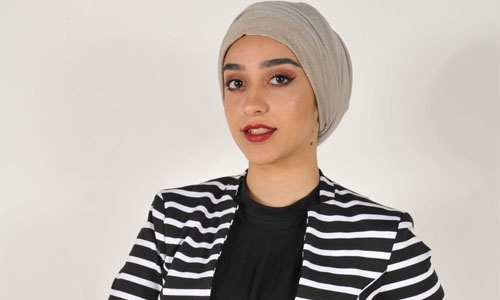The Trolley Problem
There has been a question concerning human behavior asked for decades yet has only been answered late last year. It had been asked as icebreakers in conversations and workshops, taken by people as a riddle that must be solved.
“In life-or-death situations, do we actually act the way we said we would?”
‘The Trolley Problem’ is a hypothetical scenario introduced by Philippa Foot in 1967 for the sole aim of understanding the relation between the thoughts and actions of individuals when faced with critical decisions. This scenario had never been tested before, until late last year by a YouTuber named Michael Stevens.
The scenario is as follows; imagine there is a cargo train hurling forward in a remote area and a few yards away there are five men tied down to the tracks struggling to break free. You, on the other hand, are looking at the scene from the switching station miles away and have a choice to make. You can save those five men from their imminent death by pulling a lever next to you, and this lever would redirect the train to another track. Yet you realize that the other track has one man tied down. In that case, what will you do?
What should be highlighted in the scenario is not the internal struggle of morals, but rather if our thoughts would match our actions. Through a survey conducted for the experiment, most of the participants stated that they would pull the lever and sacrifice a life to save five others. Yet as they were tested, only two out of seven test subjects reacted as they wanted to and the others had frozen in place, unable to comply with what their thoughts.
In our day to day lives, we could come across such incidents on an airplane or even in our homes where critical thinking and awareness could save someone dear to us. It is overwhelming to realize that nearly 900 people chock to death because either no one knew what to do or those who did just froze in place. Awareness along with critical thinking are crucial in those circumstances.
From the real-life trolley experiment conducted in 2017, we can deduce that the two individuals who took a decision did so by assessing the situation critically. They assessed the merits and faults of the situation in a very short time frame. They knew what to do and acted upon it. They also had previously been indirectly told how to work the tracks, therefore they knew what they needed to do and how to do it. Such an awareness could be applied in our lives by understanding the needs of society and those around us. If you knew how to help a chocking man and critically assessed the situation, wouldn’t you help?
With this realization, we would all want to prepare ourselves –as even a little preparation goes a long way- yet many do not know where to go or who to contact. A few days ago, I came across a team who had won ‘Her Highness the Late Shaikha Hessa Bint Salman Al Khalifa Award for the Youth Volunteering Work’ and found out that their winning project was to conduct free First Aid workshops around Bahrain. This highlights that our kingdom is starting to support such intellectual resources.
As people who want to make better choices, let’s engage ourselves in such initiatives.
It is in our hands to change the endings.
Related Posts

